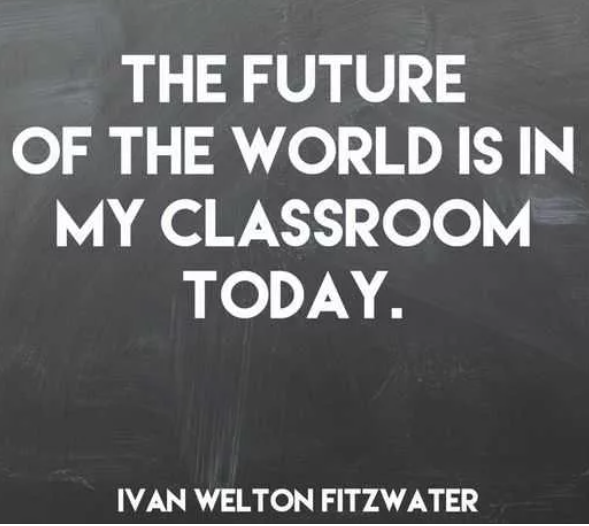
When reading about working with adult learners you may come across the term andragogy. The word defines a philosophy and way of teaching and working specifically with adult learners, implying that a specific skill set is required. This skill set is arguably different from the one we need when teaching children, which we refer to as pedagogy. The specialized concept of andragogy was developed primarily by Malcolm Knowles, who stated that there were six characteristics that define an adult learner.
- Need to know: why they need to know what you are teaching.
- Self-concept: as a child matures into adulthood their self-concept changes from being dependent to being self-directed.
- Experience: this clearly comes with age and enables the learner to use their own experiences in their learning.
- Readiness to learn: as a child matures into adulthood the readiness to learn is linked to the development of their role within society.
- Orientation to learning: learning in childhood can often take the form of learning knowledge, but without much thought about how that might be applied. As the child matures this changes to become the application of knowledge to problem-solving.
- Motivation to learn: internal motivation develops as learners grow and mature.
How can we improve the andragogy of educational technology training for adults? Digital learning devices and social media are being used at historic highs to disseminate information as a recent report indicated 62% of citizens in the United States retrieve their news through social mediaoutlets (Jang & Kim, 2018). There are now numerous adult learning programs being implemented with technology. Understanding and adhering to the principles we have outlined should enhance not only learning but also reciprocal respect and trust between trainers and trainees.
Having students write personal goals and action plans will make learning practical and relevant. Then instruct them to make and share these goals in Google docs. Lessons need to provide immediate real-world applications using the newly taught technology skill. Making social media interaction part of the learning process will tap into adults’ interests and provide structured opportunities for them to talk and reflect in class. Use adult learners’ previous experiences and knowledge effectively. Keeping an open mind and realizing the adult learner has years of real-world skills and knowledge. Acknowledge their experiences to address adult learners’ desire to be respected. Provide opportunities for them to integrate new knowledge with their existing knowledge. Provide choices when creating assignments, selecting readings, teaching actual information that the learner can see applicable. Adapt your expectations and policies to adult learners’ busy lives, more than likely they are parents with jobs and various responsibilities. Sitting at a computer for 5hours for an assignment may not be feasible.
Assessment and evaluation using Knowles principles can help both the instructor and the adult learner to be successful.
References:
Jang, S. M., & Kim, J. K. (2018). Third person effects of fake news: Fake news regulation and media literacy
interventions. Computers in Human Behavior, 80, 295-302. doi:10.1016/j.chb.2017.11.034
YouTube. (2020, July 22). Adult learning theory | knowles’ 6 assumptions of adult learners. YouTube. https://www.youtube.com/watch?v=SArAggTULLU.
YouTube. (2020, October 22). How to IMPLEMENT adult learning Theory (andragogy) in the workplace. YouTube. https://www.youtube.com/watch?v=biIpXQKQpMI.
